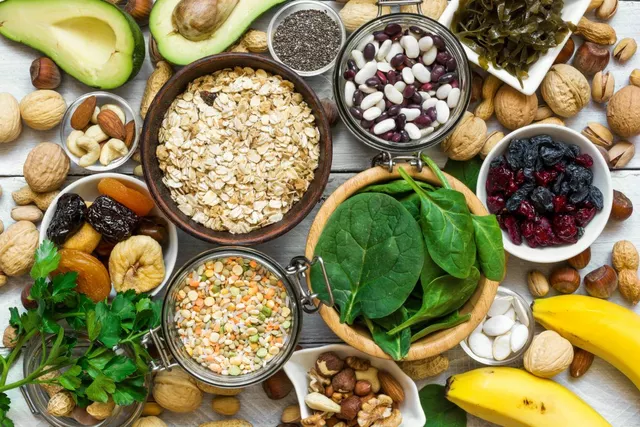Artichoke Benefits and Uses – Simple Guide for Health & Supplements
If you’ve heard that artichokes are more than a tasty veggie, you’re right. The plant’s leaves and extract pack compounds that can help your liver, lower cholesterol, and make digestion smoother. Below is a no‑fluff rundown of what artichoke does, how to take it safely, and where it fits into everyday health habits.
Why Artichoke Is Good for Your Liver
The star of the show is cynarin, a natural chemical that encourages bile flow. More bile means your liver can break down fats more efficiently and flush out waste. Studies on artichoke leaf extract show a modest drop in liver enzymes when people with mild liver irritation take it daily for 8‑12 weeks.
Besides cynarin, artichokes contain antioxidants like quercetin and silymarin‑like flavonoids. These fight free radicals that can damage liver cells over time. For someone who drinks alcohol occasionally or takes medication that stresses the liver, a regular dose of artichoke extract can act as a gentle buffer.
How to Add Artichoke Into Your Routine
There are three easy ways to get the benefits:
- Tea or coffee‑style infusion: Steep 1‑2 teaspoons of dried artichoke leaves in hot water for 10 minutes. Drink once or twice a day.
- Standardized supplement: Look for capsules that contain 250‑500 mg of artichoke leaf extract (standardized to 5‑7% cynarin). A typical dose is one capsule with breakfast and another with dinner.
- Fresh or canned hearts: Eating the vegetable itself adds fiber and some phytochemicals, though you’ll need a larger portion (about half a cup) for any noticeable liver support.
When you start, keep the dose low – 250 mg twice daily – and see how your body reacts. If you tolerate it well, you can bump up to 500 mg per serving. Most people notice smoother digestion after a week or two because artichoke also stimulates gallbladder contraction, helping fats move through the gut.
Safety wise, artichoke is gentle for most adults, but watch out if you have gallstones or a bile duct blockage – extra bile flow can cause pain. Also, it may interact with blood‑thinning meds (like warfarin) and some cholesterol drugs, so check with your doctor before stacking them.
Side effects are rare. A few users report mild stomach upset or heartburn, which usually fades if you take the supplement with food. If you notice any rash or persistent nausea, stop using it and talk to a health professional.
In short, artichoke works as a natural liver booster, cholesterol helper, and digestion aid without needing prescription drugs. Pair it with a balanced diet, regular exercise, and proper hydration for the best results.
Ready to try? Grab a bottle of standardized extract from a reputable online pharmacy, brew a tea when you need a warm boost, or simply add artichoke hearts to your salads. Keep an eye on how you feel, and adjust the dose as needed. Your liver will thank you for the extra support.




